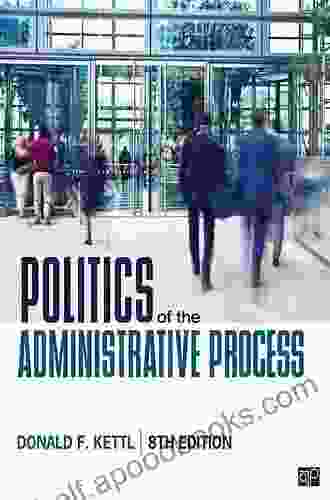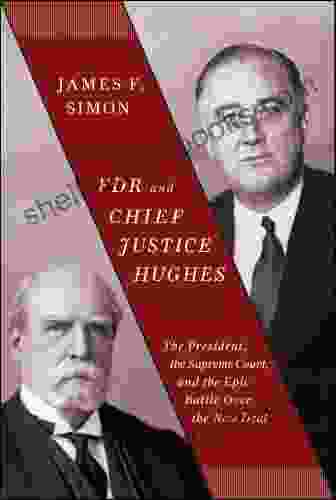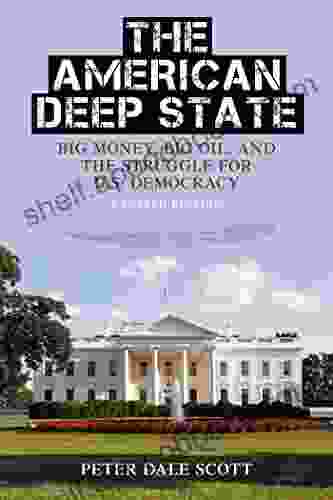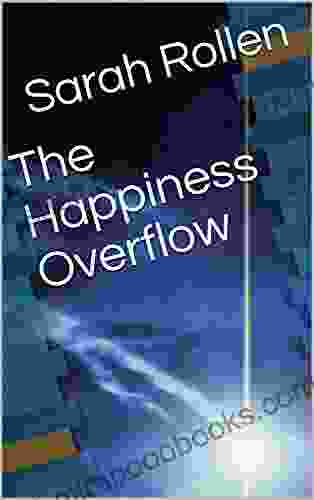The realm of governance is a vast and complex tapestry woven with intricate threads of politics and administrative processes. Understanding their dynamic interplay is crucial for navigating the complexities of modern societies. "Politics of the Administrative Process" delves into the depths of this intricate relationship, providing a comprehensive exploration of how political forces shape administrative actions and, in turn, how administrative decisions influence political outcomes.
The Genesis of Administrative Power
Administrative power, the authority delegated to public agencies to implement laws, policies, and regulations, has become ubiquitous in contemporary society. This power stems from the sheer size and complexity of modern governments, the need for expertise in specialized areas, and the desire to enhance efficiency in public services. However, this delegation of authority raises fundamental questions about the appropriate balance between popular sovereignty and administrative discretion.
4.5 out of 5
| Language | : | English |
| File size | : | 12856 KB |
| Text-to-Speech | : | Enabled |
| Screen Reader | : | Supported |
| Enhanced typesetting | : | Enabled |
| Word Wise | : | Enabled |
| Print length | : | 512 pages |
Political Control over Administration
Political actors, through various mechanisms, exert significant control over the administrative process. Legislatures establish statutory frameworks that define the scope of administrative agencies' powers. Executives appoint agency heads and oversee their operations, ensuring alignment with political priorities. Interest groups and other external actors also seek to influence administrative decisions, often through lobbying and advocacy. These political influences can shape everything from regulatory policies to the allocation of government resources.
Bureaucratic Autonomy and Discretion
Despite these political constraints, administrative agencies possess a degree of autonomy and discretion in carrying out their functions. Bureaucrats with specialized knowledge and expertise exercise substantial influence over policy interpretation, rulemaking, and enforcement. This autonomy allows agencies to adapt to changing circumstances, experiment with innovative approaches, and provide technical expertise in policy implementation. However, it also raises concerns about the potential for excessive agency power and the need for accountability to the public.
The Politics of Rulemaking
Rulemaking is a central tool for administrative agencies to implement statutes and policies. The rulemaking process involves a series of steps, including public notice, comment periods, and hearings. These procedures provide opportunities for stakeholders to participate and influence the development of regulations. However, the balance between public participation and administrative efficiency can be challenging to strike, and political considerations may influence the final rules adopted.
Executive Oversight and Judicial Review
To ensure accountability and prevent administrative overreach, executives have various tools at their disposal. They can issue executive Free Downloads to guide agency actions, veto proposed regulations, or appoint agency heads who share their political views. Additionally, judicial review allows courts to scrutinize administrative decisions for compliance with the law and the Constitution, providing a check on the exercise of administrative power.
The Impact of Administrative Decisions
Administrative decisions have far-reaching consequences for society. They shape the distribution of benefits and burdens, regulate economic activities, and protect the environment. These decisions affect not only individuals and businesses but also the broader social and political landscape. Understanding the politics of the administrative process is therefore essential for assessing the impact of government policies and holding those in power accountable.
"Politics of the Administrative Process" is an indispensable resource for students, scholars, and practitioners of governance. It provides a comprehensive analysis of the complex relationship between politics and administration, illuminating the ways in which political forces shape administrative actions and how administrative decisions influence political outcomes. By understanding these dynamics, we can navigate the complexities of modern governance, ensuring that our institutions are both responsive to the public will and accountable to the rule of law.
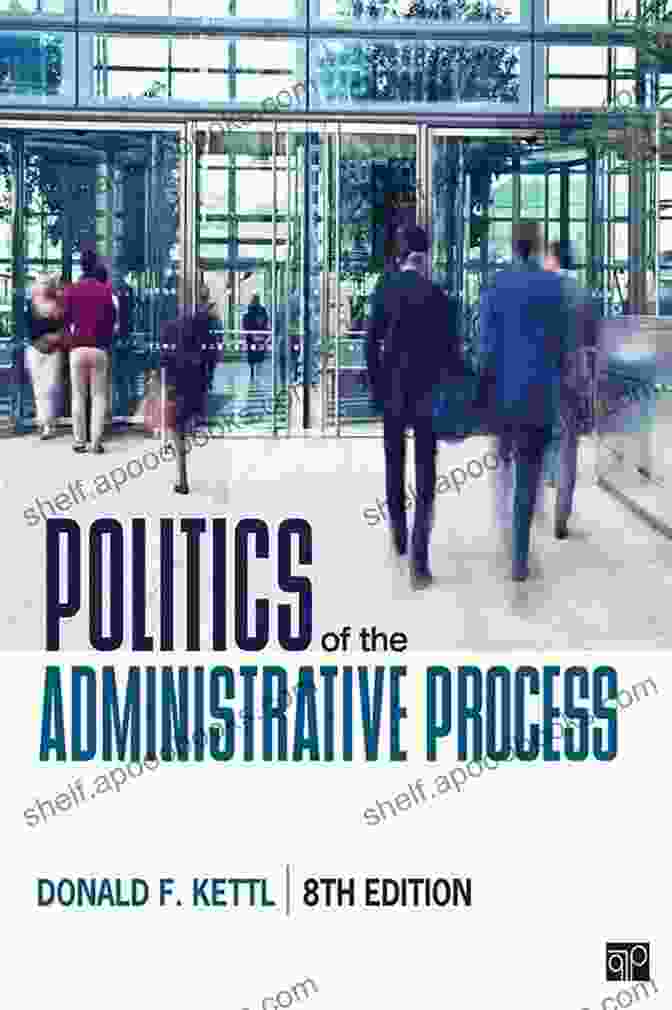
About the Book
"Politics of the Administrative Process" is a groundbreaking work that offers a comprehensive exploration of the intersection between politics and administration. Written by renowned scholars in the field, the book delves deep into the historical evolution, theoretical underpinnings, and practical implications of the administrative process. With its meticulous research and insightful analysis, this book will prove invaluable to anyone seeking a deeper understanding of this complex and vital aspect of modern governance.



